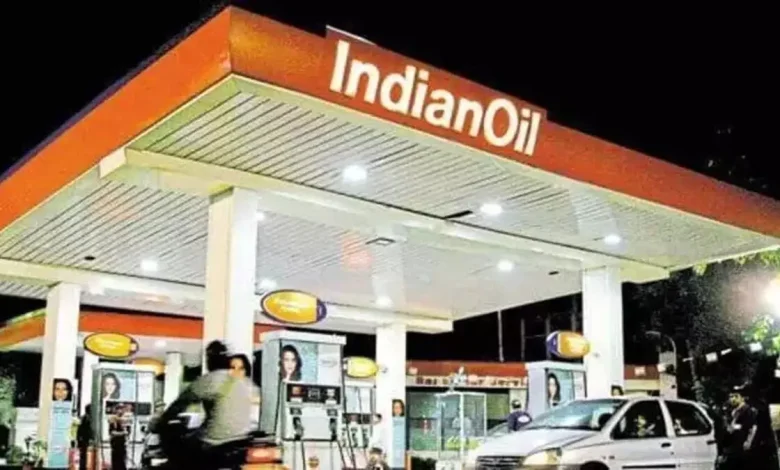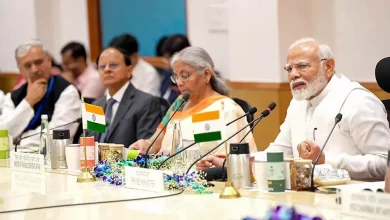IOC is buying ‘clean’ Russian oil – Chairman Sahni

DELHI Delhi: The country’s largest oil company Indian Oil Corporation (IOC) is buying “clean” Russian crude oil, which does not risk US sanctions, its chairman Arvinder Singh Sawhney said on Tuesday. India has become the second-largest buyer of Russian crude oil since Moscow invaded Ukraine in February 2022, with purchases rising from 1 per cent of total imported oil to nearly 40 per cent of the country’s total oil purchases.
The rise was mainly because Russian crude was available at a discount to other internationally traded oil due to price caps and European countries refraining from buying from Moscow. Last month, the US imposed new sanctions against Russia’s energy business. The sanctions targeted Russian oil producers Gazprom Neft and Surgutneftegas as well as 183 ships carrying Russian oil.
Russia used these tankers to ship oil to countries such as India and China when G-7 nations imposed a $60-a-barrel price cap on exports by the Kremlin in 2022. This cap, introduced to limit Moscow’s revenue to finance its war in Ukraine, meant that Western shipping and insurance services were not available for any oil cargo priced above $60 a barrel. To circumvent this, Russia used a so-called shadow fleet insured by its own companies. This fleet has now been sanctioned. Speaking on the sidelines of India Energy Week, Sawhney said the sanctions will have no or a very minor impact on the country’s crude oil availability or energy security. There is enough supply available worldwide to meet demand. The US has not imposed sanctions on Rosneft, the primary entity supplying oil to India, he said, adding that only 183 of the nearly 600 tankers used by Russia have been sanctioned. Going forward, Indian companies will consider contracting Russian oil that is “clean” and does not attract sanctions. “We buy Russian oil on a delivery basis, which means the supplier arranges for transportation. We have to see that tankers carrying Russian oil are not banned and have proper insurance, as no port will allow any ship without insurance cover,” he said. Banned Russian tankers will not be allowed to dock at Indian ports, government sources said, adding that the only exception would be for Russian oil cargoes booked during the wind-down period. Indian firms can seek additional oil from the Middle East and other parts of the world in case of any shortage from Russia. In a worst-case scenario, Russian crude oil, which India was getting at a discount, will not be available at a discount, sources said. In an effort to limit funding for Russia’s war machine, rich countries in the Group of Seven (G7), the European Union and Australia imposed sanctions on Russian crude oil and imposed a price cap of US$60 a barrel in December 2022.
Over the next 12 months, the price cap and embargo had a significant impact on revenues, and forced Russia to find new markets and ways to transport its oil. Russia did this by offering heavy discounts on its Urals grade crude. Last month, the discount fell to US$2-3 per barrel. In the first year of sanctions, Russia was losing an average of 23 per cent of its Urals crude export revenue every month due to the price cap and embargo.
Also Read – Hyundai Aura Corporate launched in India; price starts at Rs 7.48 lakh
This figure fell sharply to a mere 9 per cent monthly average in the second year of the cap. This is because Russia has built a network of ‘shadow’ tankers, which can trade its oil above the cap to new markets in non-sanctioned countries.





